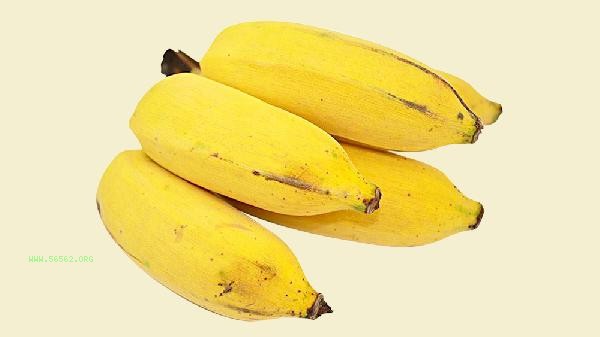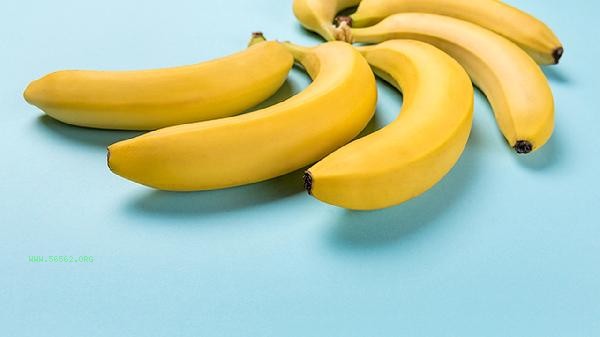Eating bananas in the morning is more beneficial for weight loss. Eating bananas in the morning can quickly replenish energy and promote intestinal peristalsis, while consuming them in the afternoon can easily affect weight loss due to sugar accumulation. The optimal intake time is related to individual metabolic rate, exercise schedule, blood sugar response, and other factors.

1. Metabolic efficiency difference:
The basal metabolic rate of the human body is about 8% -10% higher in the morning than in the afternoon. At this time, the natural fructose and resistant starch contained in bananas are more easily converted into active energy rather than fat storage. High levels of cortisol in the morning, combined with potassium in bananas, can regulate sodium potassium balance and reduce the risk of edematous obesity.
2. Blood glucose regulation mechanism:
Insulin sensitivity is stronger in the morning, and the blood glucose fluctuations caused by the same amount of bananas are 23% lower than in the afternoon. Bananas contain 3 grams of dietary fiber, which can create a more lasting sense of satiety in the morning and avoid overeating in the afternoon. However, consuming them in the evening may lead to insufficient blood sugar consumption before bedtime.
3. Exercise synergy effect:

Using bananas as a carbohydrate supplement 2 hours after breakfast or 30 minutes before morning exercise can increase exercise endurance by 19% with magnesium. Eating in the afternoon requires at least 40 minutes of moderate to high-intensity exercise to offset about 105 calories, which has a lower weight loss effect on sedentary office workers.
4. Rhythm of gut microbiota:
The human gut microbiota has the highest efficiency in generating short chain fatty acids from 8-10 am, and the utilization rate of oligofructose in bananas reaches 62% at this time. At night, the microbiota enters a dormant period, and incompletely fermented fructose may be converted into fat deposits, especially affecting the effectiveness of abdominal fat loss.
5. Interference factors of melatonin:
The tryptophan contained in bananas can be metabolized and easily converted into 5-hydroxytryptamine in the afternoon, which then affects the secretion of melatonin at night. A decrease in sleep quality can lead to an 18% reduction in leptin secretion, indirectly increasing appetite the next day and forming a metabolic cycle that is not conducive to weight loss.

It is recommended that fitness enthusiasts choose to eat bananas with 10 grams of nuts from 9-10 am, which not only controls blood sugar peak but also prolongs satiety time; Middle aged and elderly weight loss enthusiasts can include it as part of their breakfast, along with 300ml of warm water, to enhance intestinal peristalsis efficiency. Avoid eating bananas alone at night, and if necessary, pair them with 150g of sugar free yogurt to slow down sugar absorption. Continuously monitor fasting blood glucose levels in the morning. If blood glucose levels increase by more than 2mmol/L 2 hours after a meal, adjust the fruit intake period. During weight management, the daily intake of bananas should not exceed 2. Patients with pregnancy or diabetes should consult a nutritionist to develop a personalized plan.




Comments (0)
Leave a Comment
No comments yet
Be the first to share your thoughts!